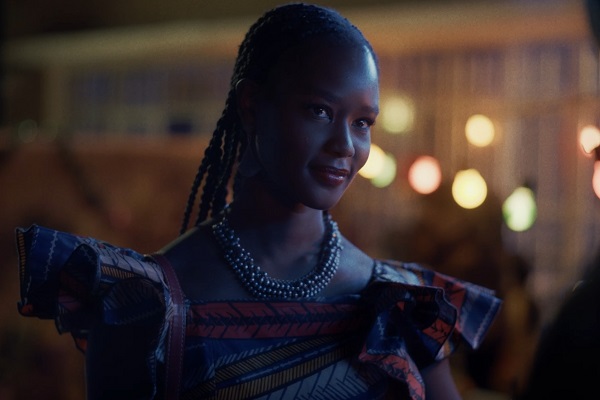It is a story about two women who represent the complicated relationship and differences between Northern and Southern Sudanese communities.
Sudanese director Mohamed Kordofani has dropped the first trailer on Deadline’s website for his movie Goodbye Julia ahead of its world premiere at the upcoming Cannes Film Festival.
This is the first time a Sudanese director and film have been part of the Official Selection at the Cannes Film Festival. The film will screen in the Un Certain Regard category on May 20 at 2 PM at Théâtre Claude Debussy.
Goodbye Julia follows the story of Mona — a northern Sudanese retired singer in a tense marriage — who is wracked by guilt after covering up a murder. In an attempt to make amends, she takes in the deceased’s southern Sudanese widow, Julia, and her son, Daniel, into her home.
Unable to confess her transgressions to Julia, Mona decides to leave the past behind and adjust to a new status quo, unaware that the country’s turmoil may find its way into her home and put her face to face with her sins.
Goodbye Julia stars Eiman Yousif, Siran Riak — the former Miss South Sudan — Nazar Goma, and Ger Duany, is written and directed by Kordofani, and produced by Station Films’ Sudanese filmmaker Amjad Abu Alala in collaboration with Mohamed Al-Omda.
MAD Solutions is handling the Un Certain Regard contender’s worldwide sales, while the French distributor ARP Sélection – Le Cinéma que J’aime is handling distribution in France.
Goodbye Julia won the MAD Ergo award at the CineGouna SpringBoard that was held at the fourth edition of the El Gouna Film Festival, in addition to Best Film Project in the Development Phase ($15,000), a certificate from the El Gouna Cinema Platform, and the New Century Prize ($10,000). The film also won the Malmö Arab Film Festival’s award for Best Project In Development and received financial support from Saudi Arabia’s Red Sea Fund and Beirut’s Arab Fund for Arts and Culture (AFAC).
It also won the Malmö Arab Film Festival’s award for Best Project In Development and received financial support from Saudi Arabia’s Red Sea Fund, the Paris Region, ARRI, and Film und Medienstiftung NRW.















































































